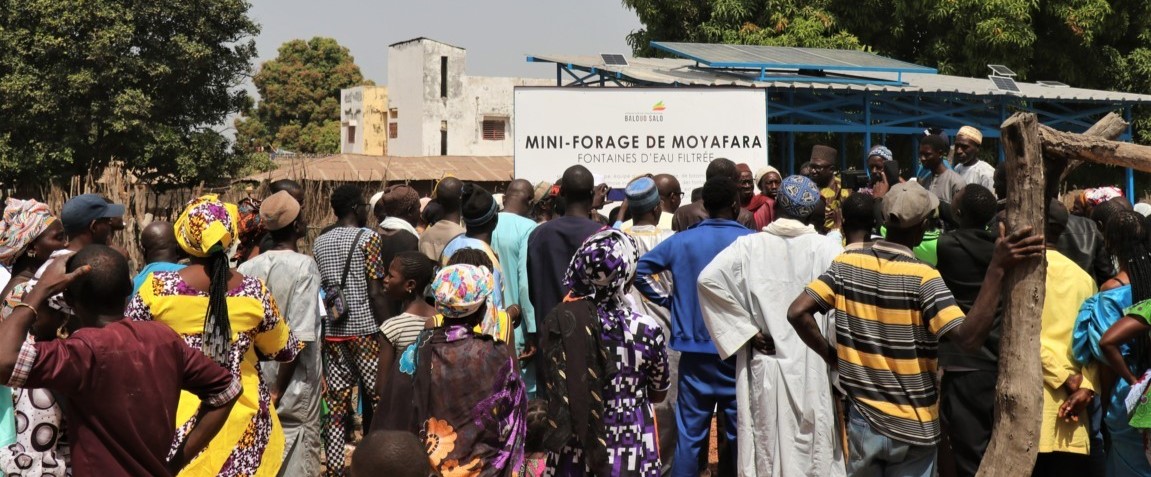
Deep Well in Moyafara
Access to drinking water
Moyafara, Senegal

The village of Moyafara, located in a remote area of southern Senegal, was facing a severe water emergency. Available water was taken from contaminated shallow wells, with dramatic health consequences, especially for children.
To address this crisis, a 37-meter deep well was built, equipped with a solar system and advanced osmosis and UV filtration. The project actively involved the local community in all phases: from design to the formation of a committee for autonomous system management.
Today, over 1,200 people have daily access to safe drinking water, significantly reducing waterborne diseases, infant mortality, and malnutrition. A concrete and sustainable intervention to guarantee dignity, health, and long-term development.
The story of the project, from construction to inauguration
 (FILEminimizer).JPG)
— Imam of Moyafara (Senegal)
Discover the project.JPG)
Provide a stable and free system for daily access to drinking water to over 1,200 people in the village of Moyafara and nearby communities, improving living and health conditions.
Combat the onset of diseases transmitted by contaminated water, responsible for 56% of local infections, drastically reducing infant mortality and improving public health.
Use solar energy for the operation of pumping and water purification systems, ensuring operational autonomy and long-term environmental sustainability.
Strengthen local capacity through training of a well management committee, responsible for maintenance, awareness, and social sustainability of the project.
.JPG)

The rural village of Moyafara, located in one of the most isolated areas of southern Senegal, was living in an extreme water insecurity condition. Surrounded by miles of bush and dirt tracks, it lacked any secure infrastructure for water supply. During the dry season, the situation became critical: the few existing traditional wells either dried up or became contaminated, forcing the population to travel long distances in search of water, often risking their lives to reach distant and unsafe sources.
This chronic vulnerability exposed the community to a very high health risk. Over 56% of local diseases were linked to the consumption of contaminated water, with devastating effects on children, pregnant women, and the elderly. Poor hygiene and sanitary conditions, combined with the village’s isolation, made every intervention urgent and vital.
The intervention by Balouo Salo brought a concrete and lasting transformation: the construction of a deep well over 37 meters, powered by solar energy and equipped with an advanced water purification system. Safe drinking water is now freely, continuously, and securely available, guaranteeing daily access to over 1,200 direct beneficiaries and improving living conditions also for neighboring communities.
The project not only addressed a humanitarian emergency but also laid the foundations for structural change: reducing mortality, strengthening community autonomy, and creating a symbol of resilience and hope in one of the country’s most vulnerable contexts.
The deep well of Moyafara was designed to effectively and sustainably address a situation of extreme isolation and water vulnerability. The drilling reached a depth of over 37 meters, tapping into underground aquifers with greater water capacity and less contamination. The borehole is equipped with high-strength PVC pipes and fitted with a 7 m³/h submersible pump, powered entirely by an autonomous 4.5kW photovoltaic system.
Water purification systems
The extracted water is treated through an advanced multistage system composed of activated carbon filters, reverse osmosis, and UV sterilization. This process ensures water compliant with WHO international standards, free from pathogens and safe for daily human consumption.
Accessible and inclusive structure
The facility is completed by a distribution area with multiple taps, safe flooring, solar lighting, and covered spaces for use during evening hours or rainy periods. The architecture incorporates elements of local tradition, promoting a sense of identity and respect for the territory.
Community management
The project includes the training of a local management committee, composed of community members trained in technical maintenance, proper use of water resources, and hygiene awareness. This approach ensures sustainability, autonomy, and ownership of the project by the beneficiary population.
See photos
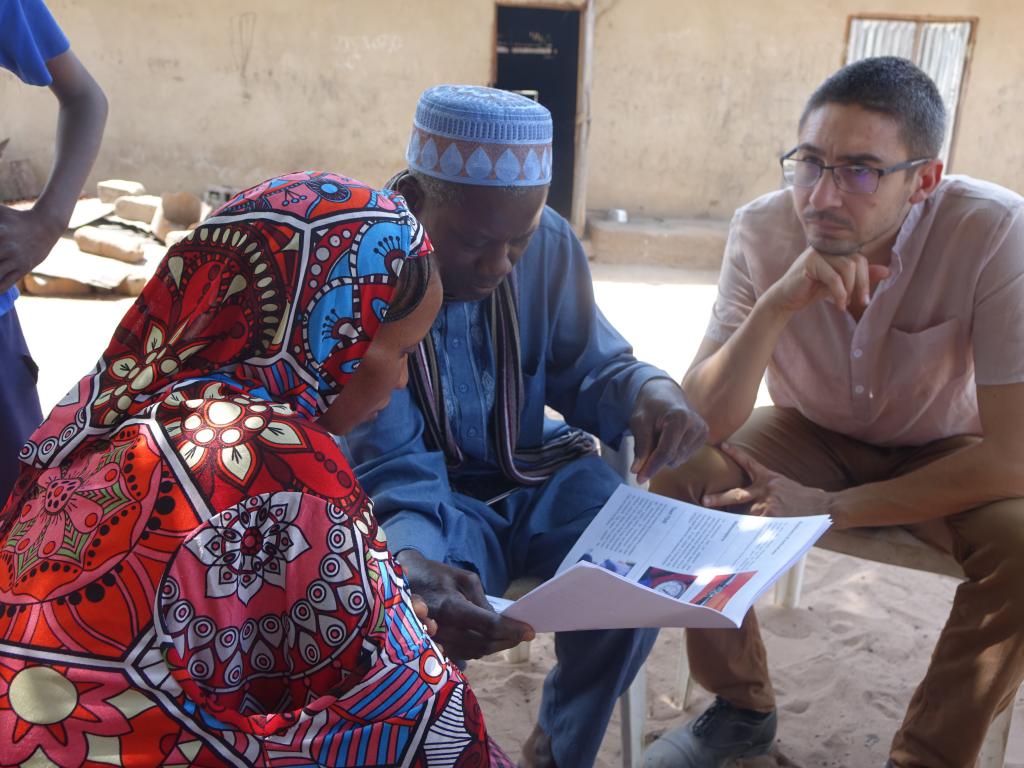
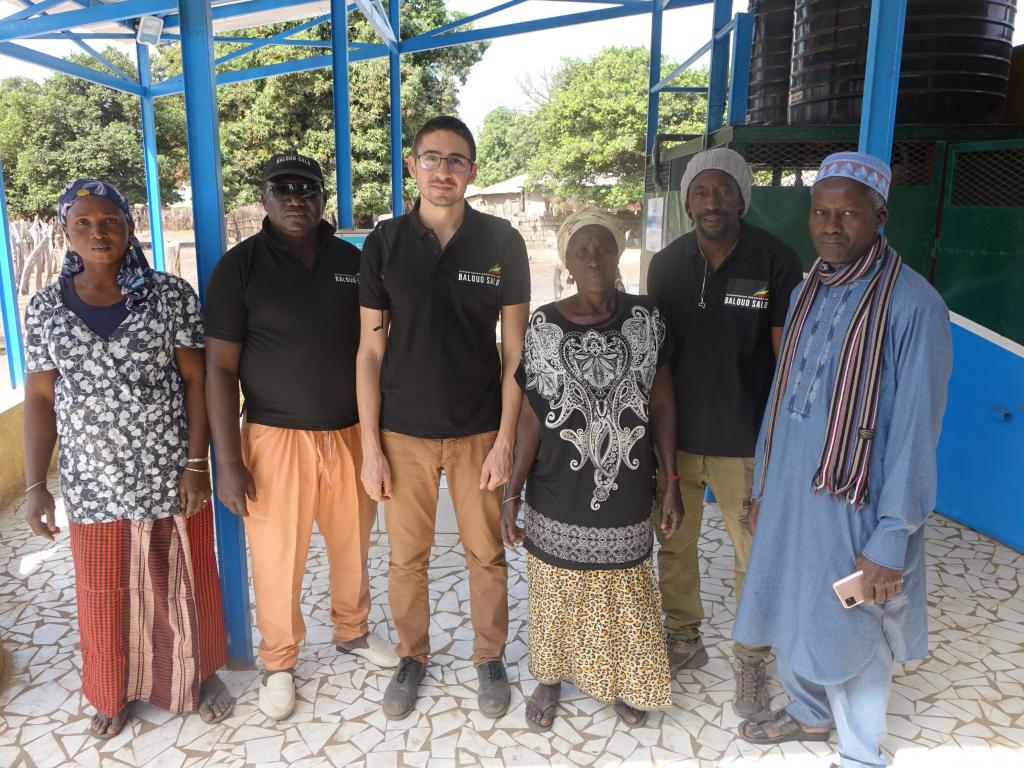
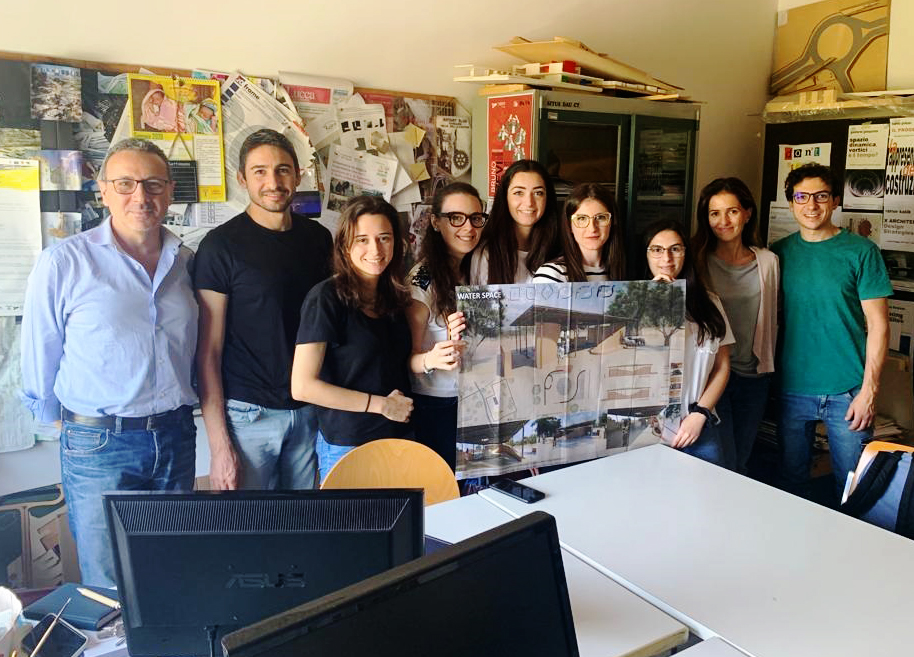
The architectural project was born from the collaboration between the Balouo Salo association and the Laboratory of Architecture and Architectural Composition 2 at the University of Catania, coordinated by Prof. Sebastiano D’Urso during the 2021-2022 academic year. The students, also guided by Raoul Vecchio, Dario Distefano, and Jali Diabate, developed proposals for the design of public spaces near wells in Senegal through an intensive workshop. Among the ten projects developed, one proposal was selected as the most concrete and feasible, giving life to a dedicated working group composed of professors, researchers, association members, and involved students: Sebastiano D’Urso, researcher Mariagrazia Nicolosi, Balouo Salo members, Raoul Vecchio, Dario Distefano, and the students Brigitta Baglio, Elena Canicattì, Martina Cantarella, Evelin Pilato, Martina Pistarà, Federica Albachiara.
The Moyafara project has represented a radical change for a historically isolated community lacking secure water resources. Thanks to the new well, access to drinking water is now continuous, free, and protected, with immediate benefits for public health, women's autonomy, and the resilience of the entire community.
Village of Moyafara
Municipality of Kolibantang
Region of Sedhiou
Senegal, Africa

In the isolated village of Moyafara, located in one of the most remote areas of the Baghere region, access to safe drinking water was a daily and dangerous challenge. During the dry season, the few existing water sources would dry up or become contaminated, forcing families — especially women and children — to travel kilometers under the sun to reach unsafe wells. This situation exposed the population to serious health risks, with widespread waterborne diseases and a high rate of infant mortality.
Today, thanks to the intervention of Balouo Salo and the support of its donors, Moyafara finally has a deep well powered by solar energy, safe and operational all year round, providing free and continuous potable water for the entire community.
More than 1,200 people now have access to a fundamental right: children returning to school, women no longer forced to walk for hours, elders living in more dignified conditions. The well is not only a response to an emergency, but a tangible symbol of health, safety, and progress for a community that has long remained on the margins.

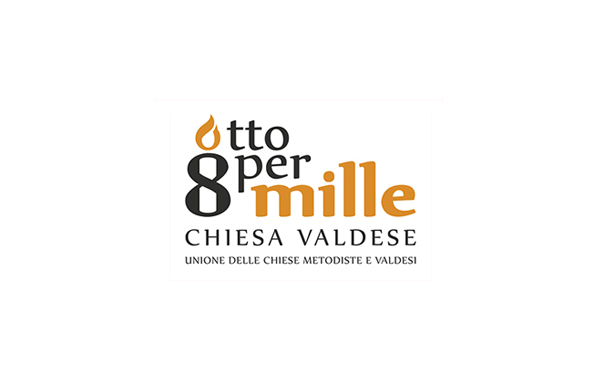
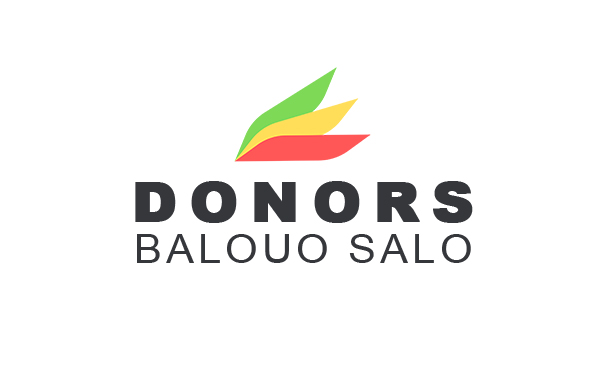







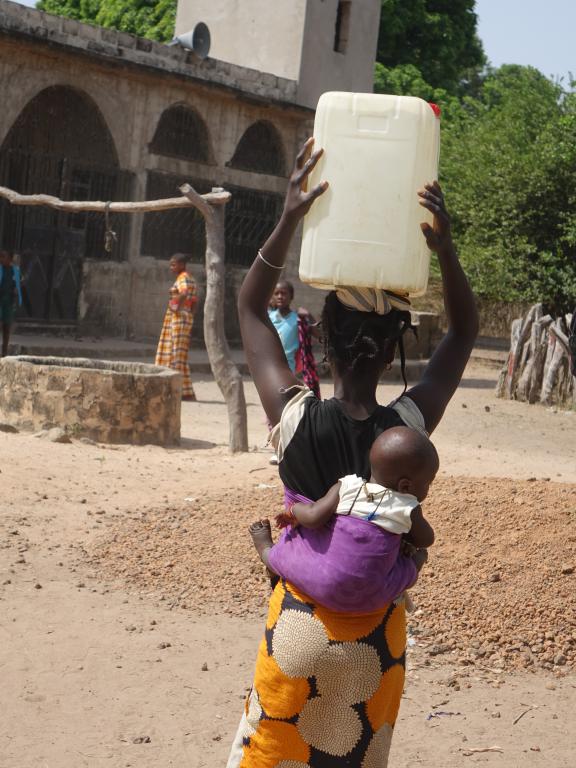
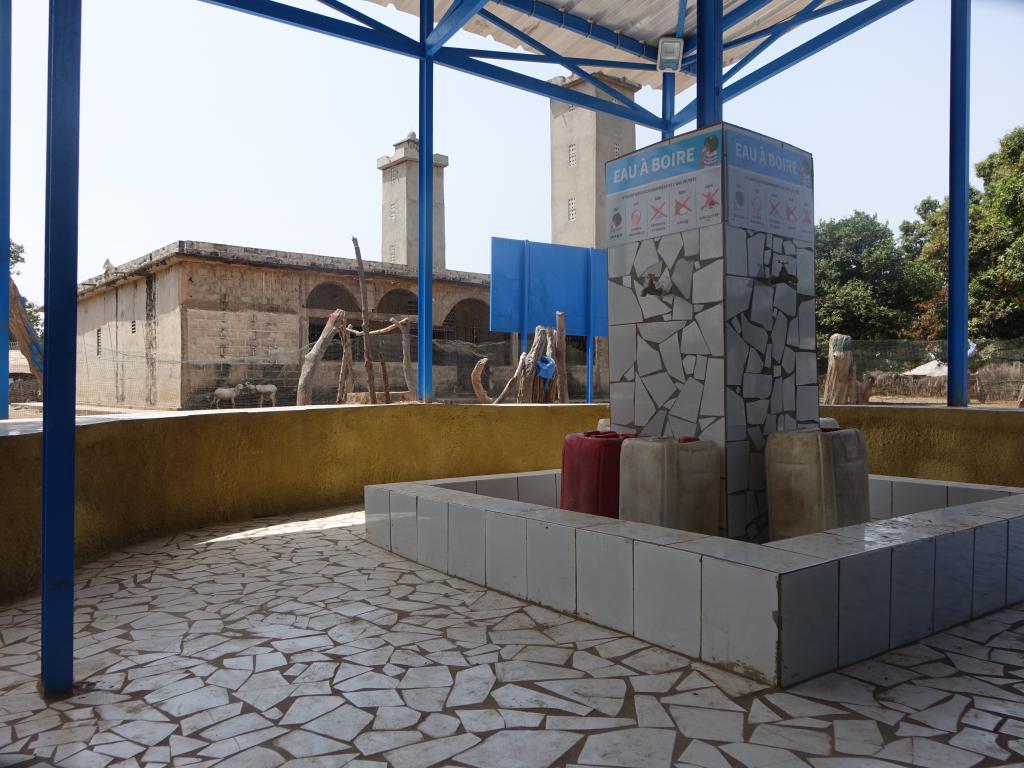
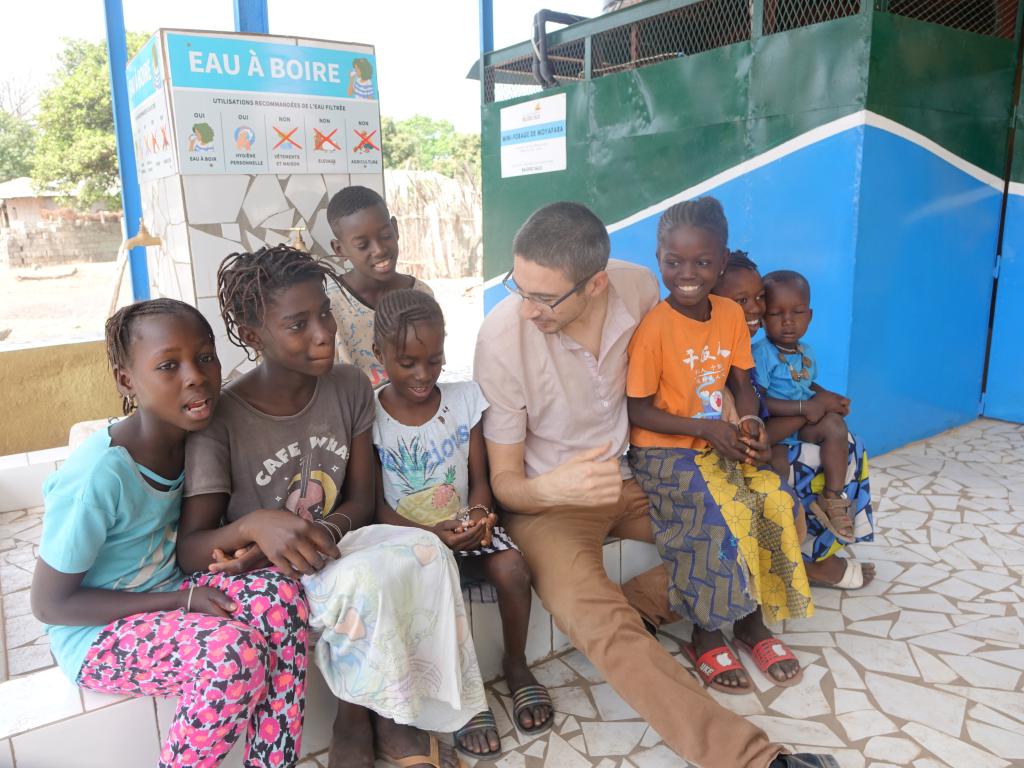
.jpg)
 (FILEminimizer).JPG)
 (FILEminimizer).JPG)
.JPG)
.JPG)
.jpg)

.jpg)
.JPG)